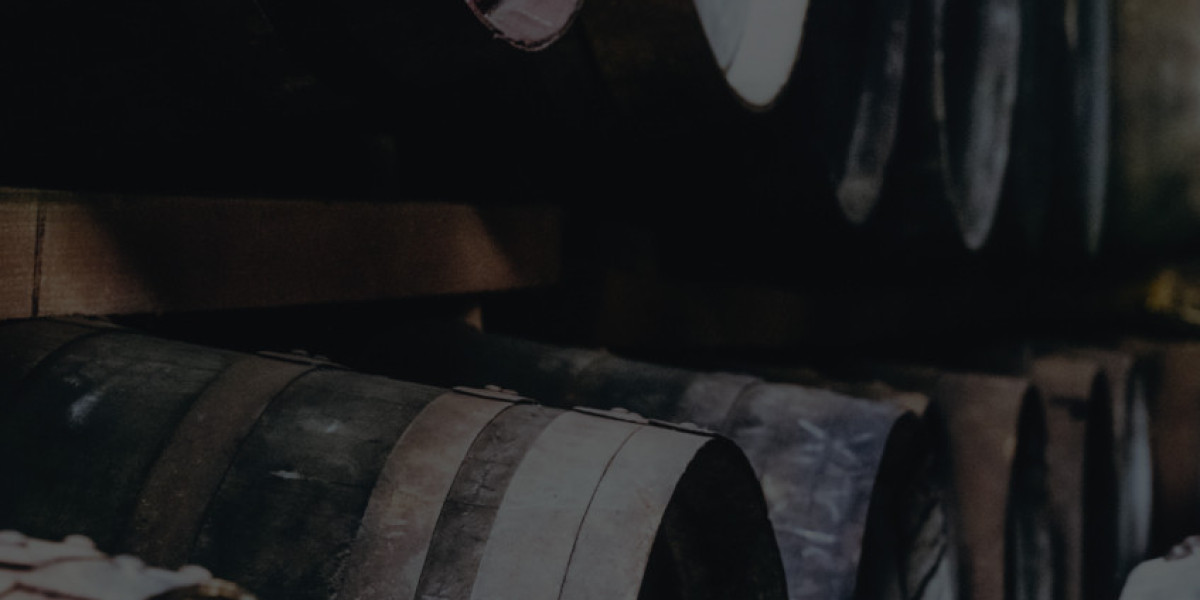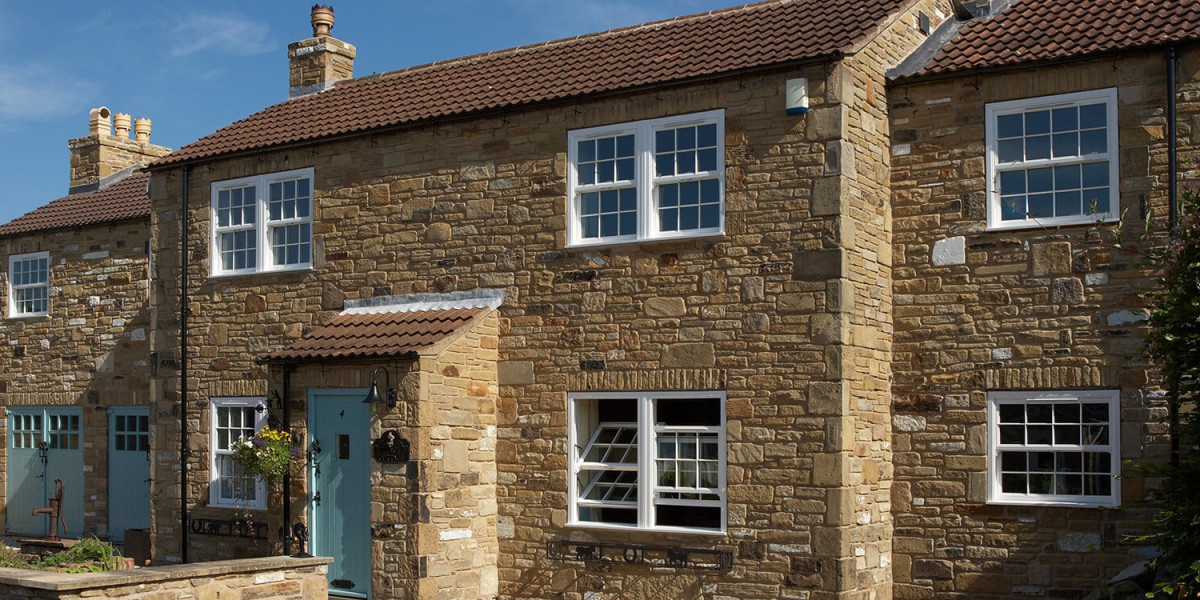Investing in a whisky cask can blend passion with potential returns, especially in the UK market. Before you commit, weigh practical details, not just the romance of a rare bottle.
1. Objective and timeline
Set a clear aim for your investment. Are you seeking a passive hedge, a potential short-term gain, or a long-term collection asset? A typical horizon is 5–10 years, during which maturation can influence both flavour and value.
Key questions to answer
- What return would justify the risk?
- Do you plan to bottle and sell or simply hold the cask in a bonded warehouse?
2. Type of cask and spirit
Different cask types (ex-bourbon, sherry, wine) impart distinct maturation profiles. The distillery, the spirit’s provenance, and the age at fill all affect future tastings and resale.
Common cask considerations
- Cask origin and history
- Wood type, seasoning, and toasting level
- Expected flavour trajectory over years
3. Storage, insurance, and logistics
Whisky cask investments hinge on secure storage. In the UK, this usually means a bonded or specialist warehouse with proper insurance and traceability.
In times of market volatility, whisky cask investment stands out for its low correlation with traditional stocks. It represents both stability and the charm of a luxury commodity.
Practical factors
- Proximity to your home affects logistics for visits.
- Warehouse custody, insurance coverage, and handling fees.
- Temperature and humidity controls to avoid evaporation losses.
4. Costs and fees
Costs pile up beyond the upfront price. Buy-sell spreads, storage charges, insurance, and bottling fees can affect net returns.
Typical cost components
Upfront: purchase price, shipping, insurance. Ongoing: storage, annual handling, potential bottling and labelling.
5. Tax and regulatory considerations (UK)
The UK tax environment for whisky cask ownership affects net gains. VAT, duty status, and capital gains treatment vary with structure and intended sale or bottling.
What to check
- Whether the storage is VAT-registered and what that means for reclaiming VAT on purchases.
- Any duties or excise implications if the cask is bottled and sold in the UK or abroad.
6. Provenance and documentation
Solid paperwork supports resale and trust. Keep a complete chain of title, distillery records, and warehouse receipts. A bottle may fetch more with a clear story, but a missing deed raises risk.
Documentation to obtain
- Certificate of ownership and transfer records
- Warehouse allocation and custody receipts
- Distillery batch details and bottling schedule (if applicable)
7. Exit strategy: bottling vs. selling the cask
Decide how you’ll realise value. Bottling a sale-ready bottle from the cask can unlock liquidity, but it carries bottling costs and regulatory steps. Alternatively, you may sell the cask as-is to another investor or trader.
Exit options at a glance
- Bottle and release to market
- Sell the cask to another collector or broker
- Keep as part of a broader whisky portfolio
8. Market trends and liquidity
The whisky market can move with global demand, limited editions, and distillery reputation. Liquidity varies by region and stock type; large-name releases may exit more easily than smaller batches.
Insights to monitor
- Recent auction results for similar casks
- Whisky industry reports on maturation patterns
- Distillery activity and release calendars
Two concise tables: quick reference for beginners
Use these as a quick check before you sign anything. They condense the main considerations and costs.
| Factor | What to assess | Typical UK impact |
|---|---|---|
| Cask Type | Wood origin, seasoning, previous spirit | Flavour trajectory and resale appeal |
| Storage & Insurance | Warehouse security, custody terms, insurance level | Ongoing costs; risk mitigation |
| Tax Status | VAT, duties, capital gains treatment | Net return clarity |
| Cost Component | Typical Range | Notes |
|---|---|---|
| Upfront Cask Purchase | £1,000–£5,000 | Depends on age, distillery, and cask type |
| Annual Storage | £20–£150 per year | Scale with warehouse and cask size |
| Bottling & Labelling | £5–£15 per bottle equivalent | Only if you bottle |
Practical next steps
1) Define your goal and horizon. 2) Speak with a reputable broker or whisky specialist to sanity-check cask options. 3) Request full documentation before committing. 4) Build a simple budget that includes storage and potential bottling costs.
With careful planning, a whisky cask can be a rewarding addition to a UK-based portfolio. The key is clarity on provenance, costs, and exit routes, not just the allure of a gleaming oak barrel.







